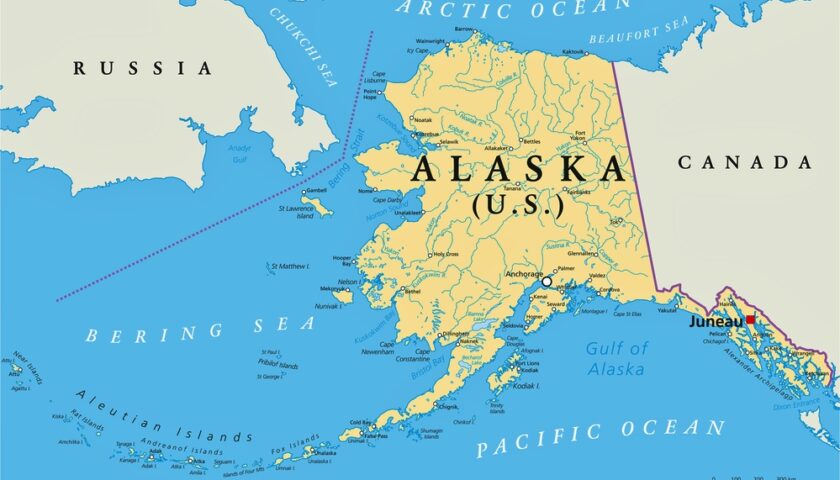This is an interstate dispute over the waters of the Tongue River. The Tongue River begins in Wyoming and flows north into Montana before merging with the main stem of the Yellowstone River. In 1951, Montana, Wyoming, and North Dakota agreed on how the waters of the Yellowstone River system, including the Tongue River, should be allocated in the Yellowstone River Compact, Pub. L. No. 82-231, 65 Stat. 663 (1951) (attached as Appendix B hereto) (the “Compact”). Although the factual dispute in this case concerns the Tongue River, the Compact covers all of the Yellowstone River and its tributaries. Resolution of many of the legal issues therefore could affect other portions of the Yellowstone River system. Indeed, the case initially dealt with both the Tongue River and the Powder River, another tributary to the Yellowstone. Montana and Wyoming have long disagreed over how to interpret and implement key provisions of the Compact, including the provisions at issue in this case. Montana alleges that Wyoming violated the Compact by diverting and storing water from the Tongue River for certain uses arising after January 1, 1950 when pre-1950 rights in Montana went unmet. According to Montana, Wyoming’s actions violated Article V(A) of the Compact, which provides that “Appropriative rights to the beneficial uses of the water of the Yellowstone River System existing in each signatory State as of January 1, 1950, shall continue to be enjoyed in accordance with the laws governing the acquisition and use of water under the doctrine of appropriation.” Wyoming initially moved to dismiss. In my first report to the Court, I recommended that the Court deny Wyoming’s motion. First Interim Report of the Special Master, Feb. 10, 2010, at 90 (hereinafter “First Interim Report”). I also concluded that Article V(A) “protects pre-1950 appropriations in Montana from new surface and groundwater diversions in Wyoming, whether for direct use or for storage, that prevent adequate water from reaching Montana to satisfy those pre-1950 appropriations.”
Related posts
-

Kansas v. Nebraska, et al.
FINAL REPORT OF THE SPECIAL MASTER By its decree dated May 19, 2003 (“Decree”), this Court... -

Alaska v. U.S.
INTRODUCTION On June 6, 2005, this Court overruled Alaska’s exceptions to the Report of the Special... -

Virginia v. Maryland
For well over two hundred years tensions have existed between the State of Maryland and the...